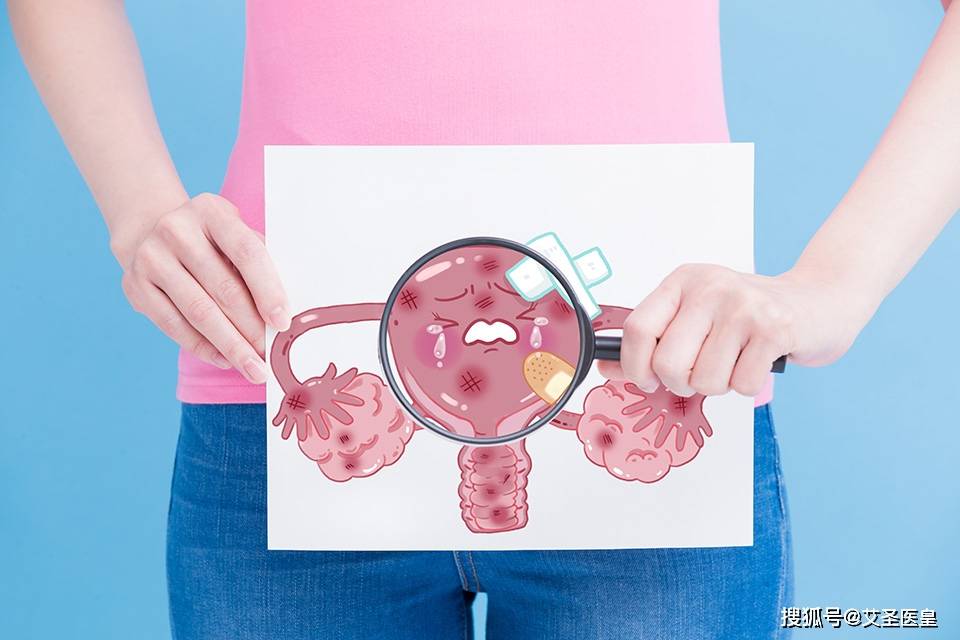The Yellow Emperor’s Inner Classic mentions: “The womb is the root of women’s menstrual periods and fetuses, the foundation of women’s constitution.”
The “womb” refers to the uterus. Over two thousand years ago, our ancestors already recognized that the uterus is the foundation of women’s constitution, closely related to women’s lifelong health.
Is there really toxicity in the uterus? Definitely yes!
However, it is important to note that the toxins referred to here are not those hyped by some merchants. Ultimately, the “toxins” in the uterus mainly refer to: blood stasis and inflammation.
How do blood stasis and inflammation in the uterus occur? Generally speaking, apart from some unhealthy lifestyle habits, women’s unique physiological activities themselves may also lead to the occurrence of blood stasis and inflammation:
1. Incomplete shedding of the uterine endometrium and dried menstrual blood.
2. Metabolism-generated and shed old cells.
3. Residue from sexual activities.
4. Inflammatory secretions from other gynecological inflammations.
5. Metabolites and residues after abortion, amniotic fluid and lochia after delivery, etc.
Most of the above substances will be automatically expelled from the body, while some may remain and accumulate in the uterus, becoming the “garbage dump” of a woman. Over time, this accumulation may give rise to cold, stasis, dampness, and inflammation, filling the uterus with “toxins”.
How to determine if there are toxins in the uterus? Observing the urine for signs of “toxins” in the uterus from childhood
1. Difficulty urinating
If you feel particularly difficult to urinate after waking up in the morning, with a blocked flow, and even some pain during urination, it may be due to inflammation in the uterus causing urinary tract infection, exerting pressure on the urethra, resulting in difficult or painful urination.
2. Cloudy urine
If the first urine of a woman in the morning is especially cloudy with a foul odor, it should be considered whether there is inflammation, and a gynecological examination should be promptly done.
3. Presence of blood streaks in urine
Urine should be clear and transparent. If there are small blood streaks in the urine, it usually indicates a problem in the uterus, with the risk of vaginitis or cervicitis. More seriously, it may cause slight uterine bleeding, requiring vigilance.
In traditional Chinese medicine theory, the uterus is referred to as the “women’s womb,” an important part of the female reproductive system. In TCM, the kidney governs reproduction, with sufficient kidney essence ensuring normal uterine function; the liver governs smooth flow, with balanced liver qi ensuring regular menstruation; the spleen governs transformation, with healthy spleen qi promoting adequate qi and blood, nourishing the uterus.
Moxibustion is one of the green therapies in traditional Chinese medicine. For issues such as dysmenorrhea and irregular menstruation related to the uterus, moxibustion can stimulate specific acupoints, regulate organ function, promote circulation of qi and blood, facilitate toxin elimination, alleviate pain, and regulate menstruation.
Ai Sheng Yi Huang advises that moxibustion on acupoints like Baliao, uterus, Guanyuan, Xuehai, Sanyinjiao can enrich kidney essence, invigorate the Chong and Ren meridians, enhance metabolism, accelerate the elimination of various residues in the body, reduce residual endometrium during menstruation, and clear stasis in the uterus.


